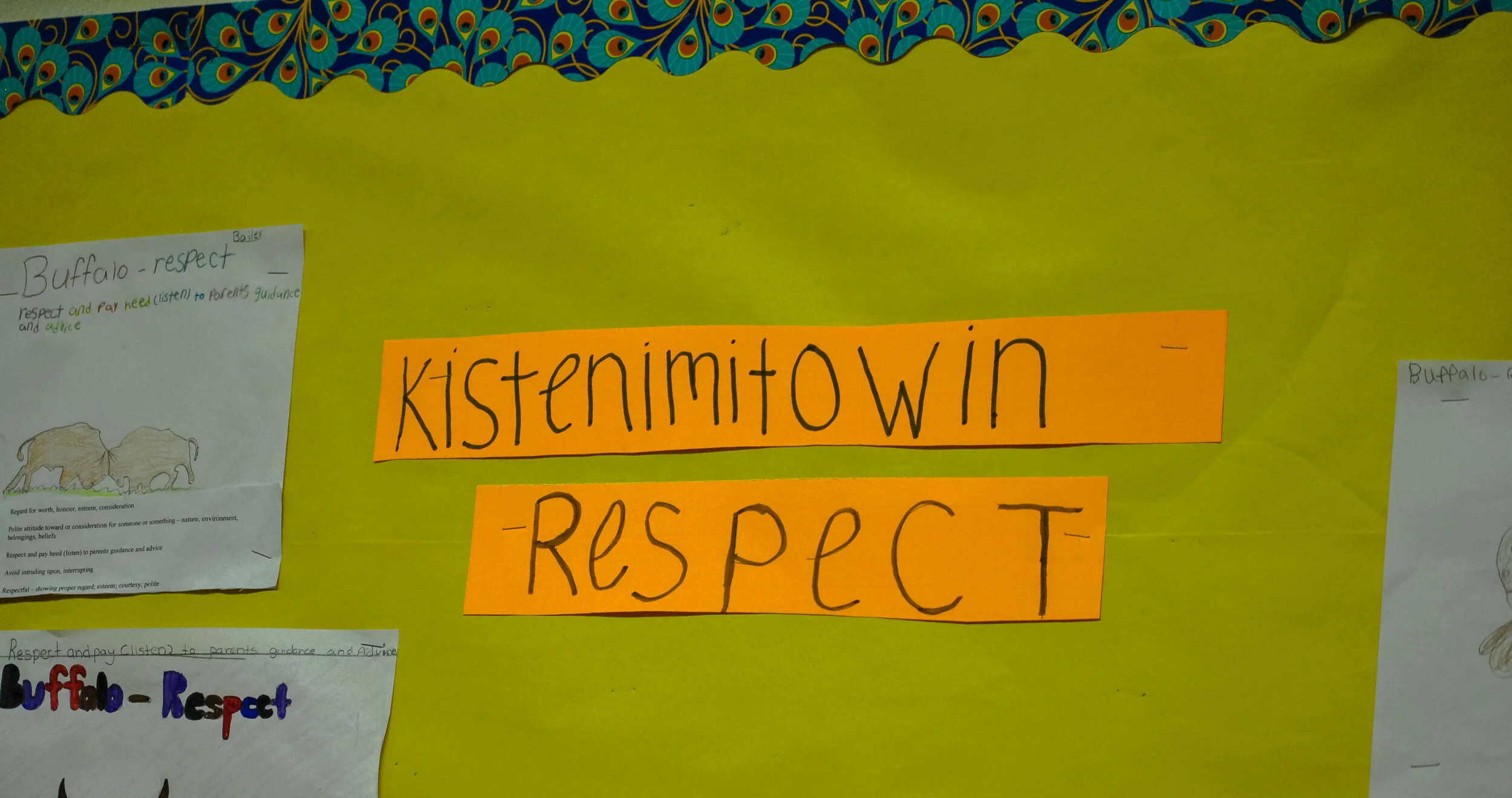Building On Our Strengths: Métis, First Nation and Inuit Youth Wellness in Canada’s North
This research was commissioned by the Conference Board of Canada’s Centre for the North. This original research delivers new insights into the design and implementation of successful Indigenous youth wellness strategies in Canada’s North. It reviews systemic challenges to contemporary Aboriginal youth wellness, identifying persistent gaps and measures to close them. Yet, rather than emphasize negative outcomes, the report focuses on the inherent strengths of Canada’s Northern Aboriginal communities, to understand how and why strength-based approaches work to promote Northern Indigenous youth wellness.Three contemporary Indigenous youth wellness initiatives from across Canada’s North are highlighted to reflect the diversity of potential strength-based Aboriginal youth wellness strategies.
Download for free here.
